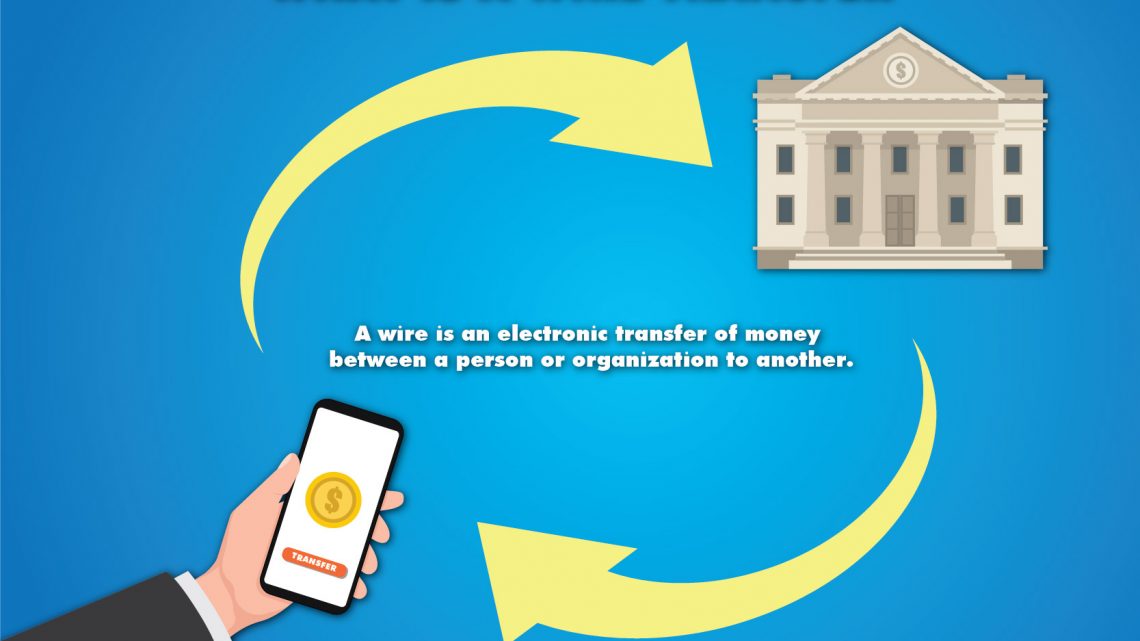Wire transfers are electronic funds transfers between banks or other financial institutions. They are a popular method for sending money quickly and securely around the world. Understanding how wire transfers work is essential for anyone who needs to send or receive money through this method.
How Wire Transfers Work
Wire transfers are initiated by the sender’s bank, which electronically sends the funds to the recipient’s bank. To initiate a wire transfer, the sender must provide their bank with the recipient’s bank account information, including the recipient’s name, account number, and routing number.
Once the transfer is initiated, the sender’s bank sends a message through a secure network, such as SWIFT (Society for Worldwide Interbank Financial Telecommunication), to the recipient’s bank. The message includes the sender’s bank account information, the amount of the transfer, and the recipient’s account information. The recipient’s bank then credits the funds to the recipient’s account.
Wire transfers can be initiated in person at a bank branch or online through a bank’s website or mobile app. Some banks may charge a fee for wire transfers, and the fees can vary depending on the amount of the transfer and the destination country.
Why Wire Transfers Matter
Wire transfers are a popular method for sending money quickly and securely. They are often used for large transactions, such as real estate purchases, international business transactions, and sending money to family members in another country.
Wire transfers are considered a safe and reliable method for sending money because the funds are transferred electronically and are typically credited to the recipient’s account within one to two business days. Additionally, wire transfers are often accompanied by a tracking number, which allows the sender and recipient to track the status of the transfer.
However, wire transfers can be costly compared to other methods of sending money, such as online money transfer services or sending a check through the mail. Additionally, wire transfers may be subject to fraud or scams, so it is essential to verify the recipient’s identity and bank account information before initiating a wire transfer.
Conclusion
Wire transfers are a popular method for sending money quickly and securely. They are often used for large transactions and international transfers. While wire transfers can be costly compared to other methods of sending money, they are considered a safe and reliable way to transfer funds. Understanding how wire transfers work and taking appropriate precautions when initiating a wire transfer can help ensure a successful transaction.





